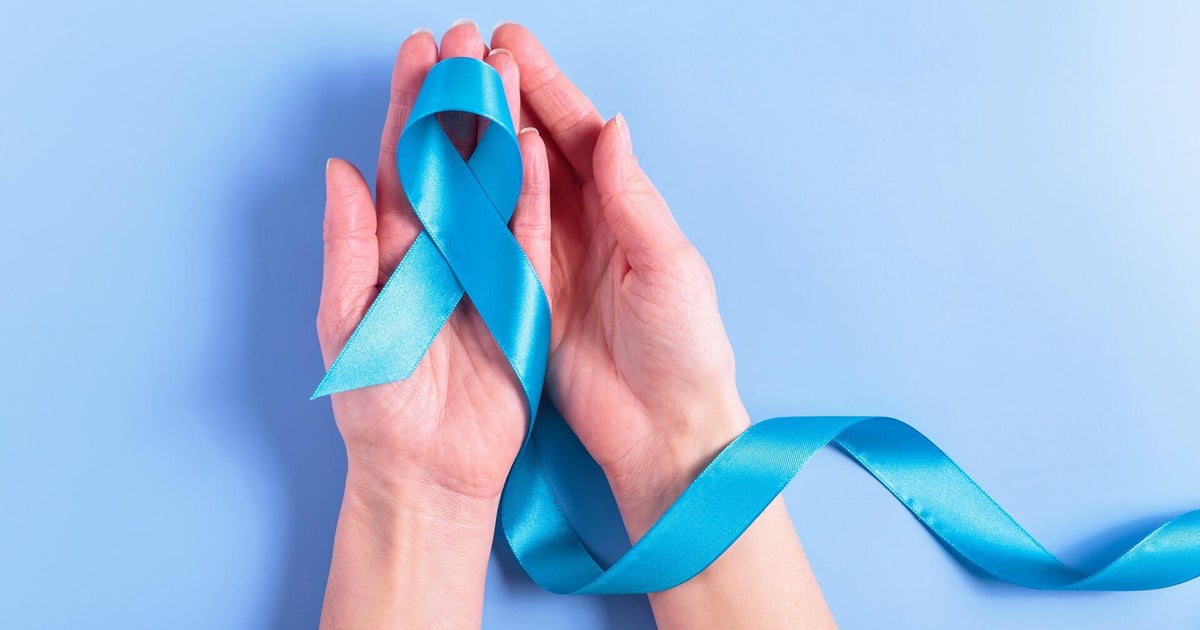Skin Products May Be Doing More Harm Than Good
BOSTON (CBS) - Whether you are a beach lover or an avid runner, anyone who spends a lot of time in the sun will be more prone to developing brown spots on their skin. It's called hyperpigmentation and over 90% of women develop it at some point in their lives and the sun is not the only cause. "You can have a brown spot after a pimple. You can have melasma which are brown patches on the face that women get with pregnancy," explained dermatologist, Dr,. Heather Woolery Lloyd.
Cosmetic chemist Ron Robinson said brown spots are one of those things that many women really hate. "It's up there with acne and wrinkles as being one of the leading concerns among women," he said.
There are many creams that promise to fade the spots, but the most common ingredient is also controversial. "Although hydroquinone is an effective ingredient, it can be extremely irritating to certain patients, especially if you have sensitive skin," Dr. Woolery-Lloyd explained. "There are some studies in lab animals where it possible has shown some carcinogenic effects," Robinson added.
In 2006, the FDA proposed hydroquinone products should not be available over-the-counter and recommended additional scientific studies. For now, it's still considered GRAS, or generally recognized as safe by the government.
Consumer concern has led to a recent explosion in alternative skin-lightening products. "There are a lot of natural ingredients that are extremely effective at fading brown spots," Dr. Woolery-Lloyd said. "There's licorice, soy, even vitamin C can be helpful to fade brown spots."
No matter what you try, experts agree you should avoid products from overseas that could contain mercury. The FDA recommends reading ingredient labels carefully and avoid alternative names for mercury like, mercurious chloride and calomel. According to Robinson if there is no label or if it's not written in English, the product could be very dangerous.
Laser treatments and derm-abrasion therapy can also remove spots, but they can be costly. Prevention is easy; just wear sunscreen.







